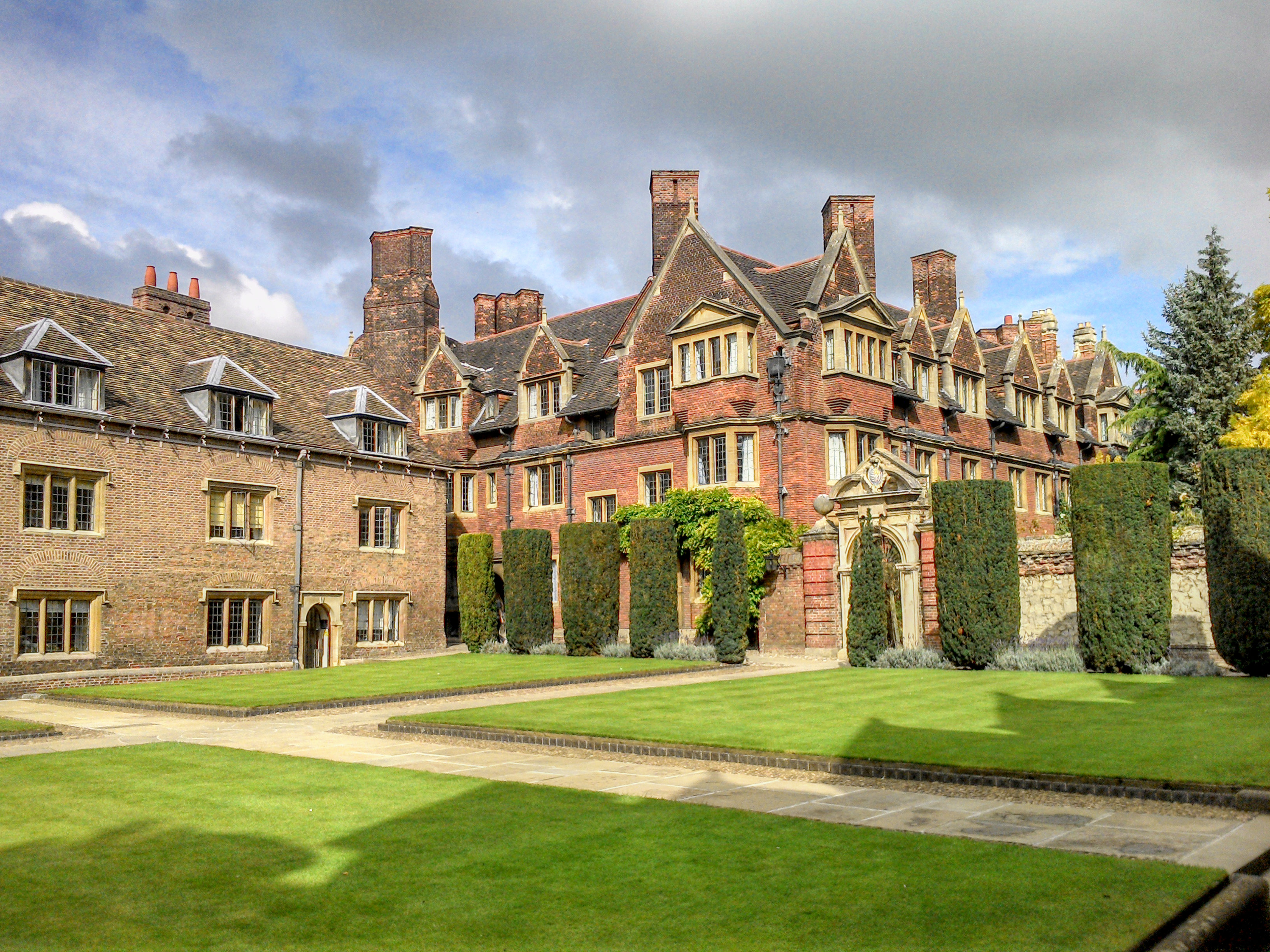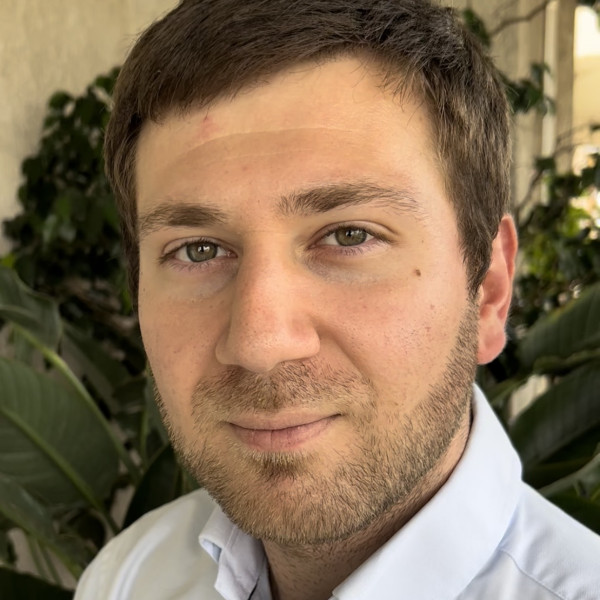Dr Zenon Toprakcioglu
Dr Toprakcioglu was born in Cambridge, UK, in 1993. He is of Greek heritage and grew up in Athens, Greece. He studied Natural Sciences (Physical Chemistry with Atomic and Particle Physics) at University College London (UCL), before going on to do a PhD in Biophysical Chemistry at Cambridge University with Prof. Tuomas Knowles. He then worked for a year as a postdoc at Cambridge University and was subsequently awarded the Ron Thomson Research Fellowship at Pembroke College.
During his PhD, Dr Toprakcioglu worked on utilising proteins as building blocks, in order to fabricate functional, biocompatible, materials suitable for biomedical applications. Taking advantage of the propensity of proteins to self-assemble into ordered structures, he was able to form films and capsules which could be used for drug/gene delivery, as antimicrobial agents or for wound healing applications. In particular, he focused on silk and tried to replicate the spinning process by which spiders produce their webs so as to make structured and hierarchical protein assemblies. To that effect, he used microfluidics, a technique which involves the manipulation of small volumes of liquid, with the aim of generating micron-sized structures which acted as templates to form these bioinspired materials.
Towards the end of his doctoral research, he became interested in another aspect of protein self-assembly; namely the role of protein misfolding as a cause of disease. It is known that certain proteins, that are ubiquitous in most mammals, can self-assemble into fibrillar aggregates which have a toxic effect towards cells and are associated with dementia and neurodegenerative diseases such as Parkinson’s and Alzheimer’s. There are a large number of neurodegenerative diseases, most of which fall under the general term of dementia and are typically characterised by cognitive impairment and memory loss. The most common and prevalent of these diseases which accounts for 60-70% of all dementia cases is Alzheimer’s. Dr Toprakcioglu's curiosity into how these biological processes occur led him to investigate these diseases from a mechanistic viewpoint; to look into how protein monomers can clump together (nucleate) and form fibrils. He is particularly interested in how surfaces and interfaces can affect primary nucleation – the fundamental process behind all aggregation events – either by accelerating or by inhibiting its progress. He believes that if we can gain such mechanistic insights and understand the fundamentals behind protein aggregation, we can tackle neurodegenerative diseases more efficiently.
For a full list of publications please see Zenon Toprakcioglu - Google Scholar
College Positions
Ron Thomson Research Fellowship in Alzheimer’s Disease
Go to the department
